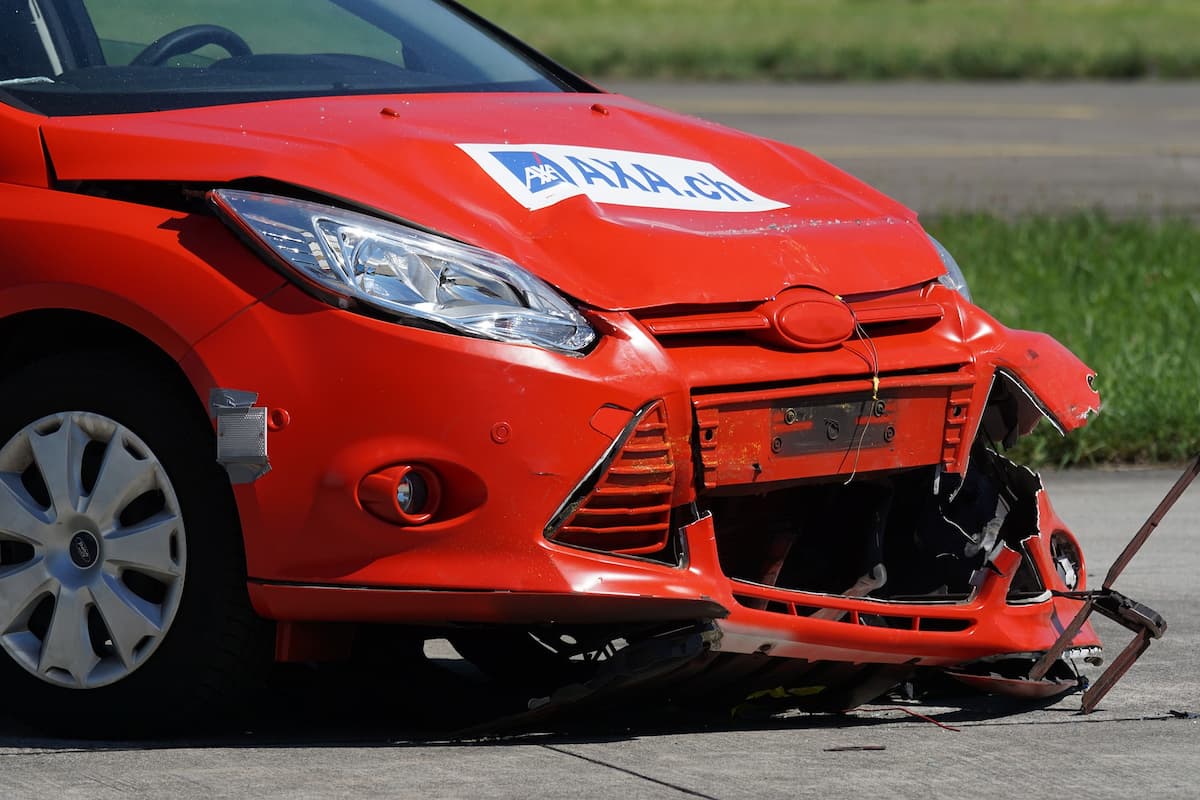If you have been unfortunate enough to be involved in a rear-end collision, you may find yourself wondering about the fate of your vehicle. Specifically, the terrifying prospect of whether or not your car has been totaled becomes a prominent concern. A car is not just a means of transportation; it represents a significant financial investment and often is a vital component of everyday life. Grasping the concept of what ‘totaled’ implies can help you navigate this tumultuous situation with greater clarity and preparedness.
Firstly, let’s clarify what it means for a car to be “totaled.” In automotive terms, a vehicle is considered totaled when the cost to repair the damage exceeds a certain percentage of the car’s actual cash value (ACV). This percentage varies from state to state and insurance policy to insurance policy but generally hovers around 70% to 80%. When the damage sustained in a rear-end collision requires extensive repairs, the notion of totaling comes into play. But is every rear-end collision destined to render your vehicle a total loss? The answer lies in the specifics.
Rear-end collisions, while often less dramatic than other types of accidents, can inflict substantial damage. The extent of the damage will depend on a variety of factors, including vehicle speed, size, and what was struck. The collision could range from minor bumper damage to severe structural impairment. If your vehicle is struck at a low speed, it may end up with only a dented bumper, easily fixable for a reasonable fee. However, higher speeds or significant force can result in damage not just to the rear-end but also potentially to the frame, trunk, or even the rear passenger area.
Let’s delve deeper into the nature of rear-end collisions. Typically, these types of accidents suggest that the rear vehicle did not maintain an adequate following distance or was distracted, leading to the impact. Surprisingly, though, even minor accidents can yield considerable repair bills. A crushed rear quarter panel or damaged rear suspension can quickly pile on costs. In such cases, being aware of your vehicle’s pre-collision value is essential. Vehicles depreciate over time, and knowing its market value can assist in discussions with your insurance adjuster.
In instances where the repair costs are found to eclipse the value of the vehicle, consider that this calculation will also encompass the cost of potential diminished value, which is the reduction in a vehicle’s worth subsequent to an accident. Even with repairs, a car may not return to its pre-accident value. The recognition of diminished value may alter your negotiations with your insurance provider significantly.
Moreover, procurement of thorough documentation following the accident is crucial. Photographic evidence of all damage, repair estimates from authorized mechanics, and your vehicle’s pre-acquisition paperwork can facilitate smoother proceedings with your insurance company. Just remember, the more evidence you have, the more verifiable your claims will be when it comes to negotiating the worth of your vehicle.
Insurance companies play a vital role in determining whether or not a car is considered totaled. After reporting the incident, an adjuster will likely inspect the vehicle. They are responsible for assessing both the visible and hidden damages, often consulting with a detailed repair estimate and their own database that tracks vehicle values and repair costs. This may lead to frustration, as the insurer may present numbers that differ from your expectations, particularly when you factor in sentimental value and personal attachment.
After being deemed totaled, you may wonder what your next steps will entail. Typically, the insurance company will offer a settlement based on the ACV of the vehicle prior to the accident. However, if you find their proposed amount unsatisfactory, don’t hesitate to negotiate. Comparing offers from similar vehicles in your area can bolster your argument. In addition, ensure that any special considerations that pertain to your vehicle—such as mileage or unique modifications—are factored into this valuation process.
It’s also crucial to be aware of what happens after you settle. If you choose to accept the insurance payout, the company will usually take ownership of the vehicle. This means that selling your totaled car may not be an option unless you buy it back from the insurer, which is plausible in some situations, although you’ll get a salvage title, which may impede future re-registration.
In summary, while not every rear-end collision will lead to a totaled vehicle, it is essential to understand the multifaceted implications of such an event. The distinction between minor damage and total loss can hinge upon numerous variables, including insurance regulations, repair costs, and your vehicle’s pre-accident value. Should you find yourself navigating this uncertain terrain, educate yourself on the essential valuation process, assert effectively during negotiations with your insurer, and remember to document every facet of the incident. Accidents are, regrettably, a part of road life, but being well-informed can ease the path toward recovery and resolution.
